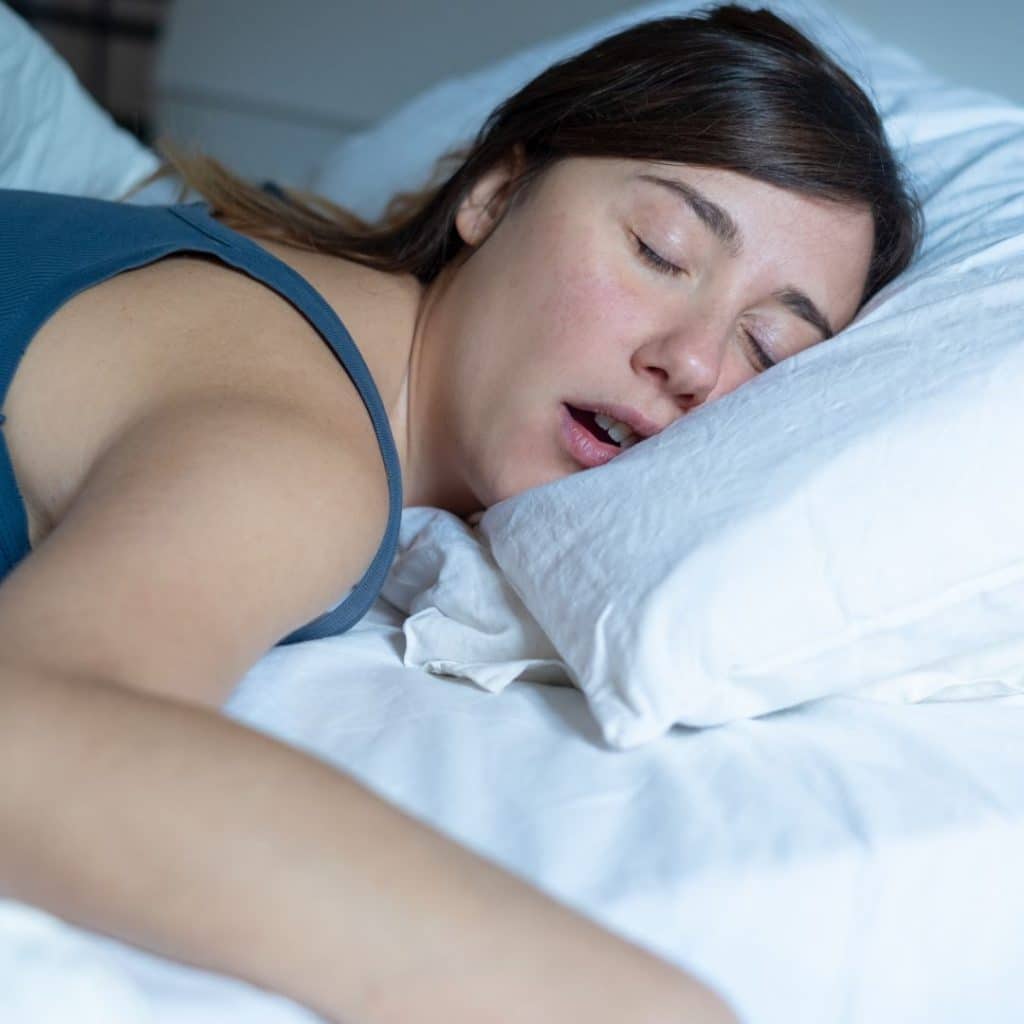
A sleep study is often recommended for patients who are experiencing signs and symptoms that point to sleep apnea and other sleep disturbances. While some sleep studies can be conducted at home with great accuracy, they do not always capture all of the information we need. In that case, you will need to come to the lab for a sleep study where the lab technicians can observe you as you sleep and monitor your heart rate, breathing, oxygen level, and other measures to determine what is happening.
How Do I Prepare for a Sleep Study?
When you come into the lab for a sleep study, you don’t need to do much to prepare. Unless there are circumstances warranting it, such as a seizure disorder in which sleep deprivation is necessary, you will be asked to prepare for your night as if you were at home – eating and drinking what you normally would, taking your medications, and going to bed at the same time. The only difference is that when you are getting ready for bed, there will be extra steps involved so that the lab technician can attach electrodes to your head (for an eeg) and to your chest to monitor your heart rate. You will also need to wear an oximeter on your finger to measure your pulse and oxygen saturation level.
What Happens During the Sleep Study?
During the sleep study, the lab technicians will observe your sleep patterns, noting if you stop breathing throughout the night and how often, how many times you wake up, how much you move around at night, and how low your oxygen saturation level drops. These factors can be used to determine if you have sleep apnea.
If you snore or suspect your sleep is being disrupted at night, make an appointment today with eos sleep of NY, NY to find out if a sleep study could help you find out why. Getting the information needed to make an accurate diagnosis is the first step in devising an effective treatment plan that can help improve the quality of your sleep and health.
